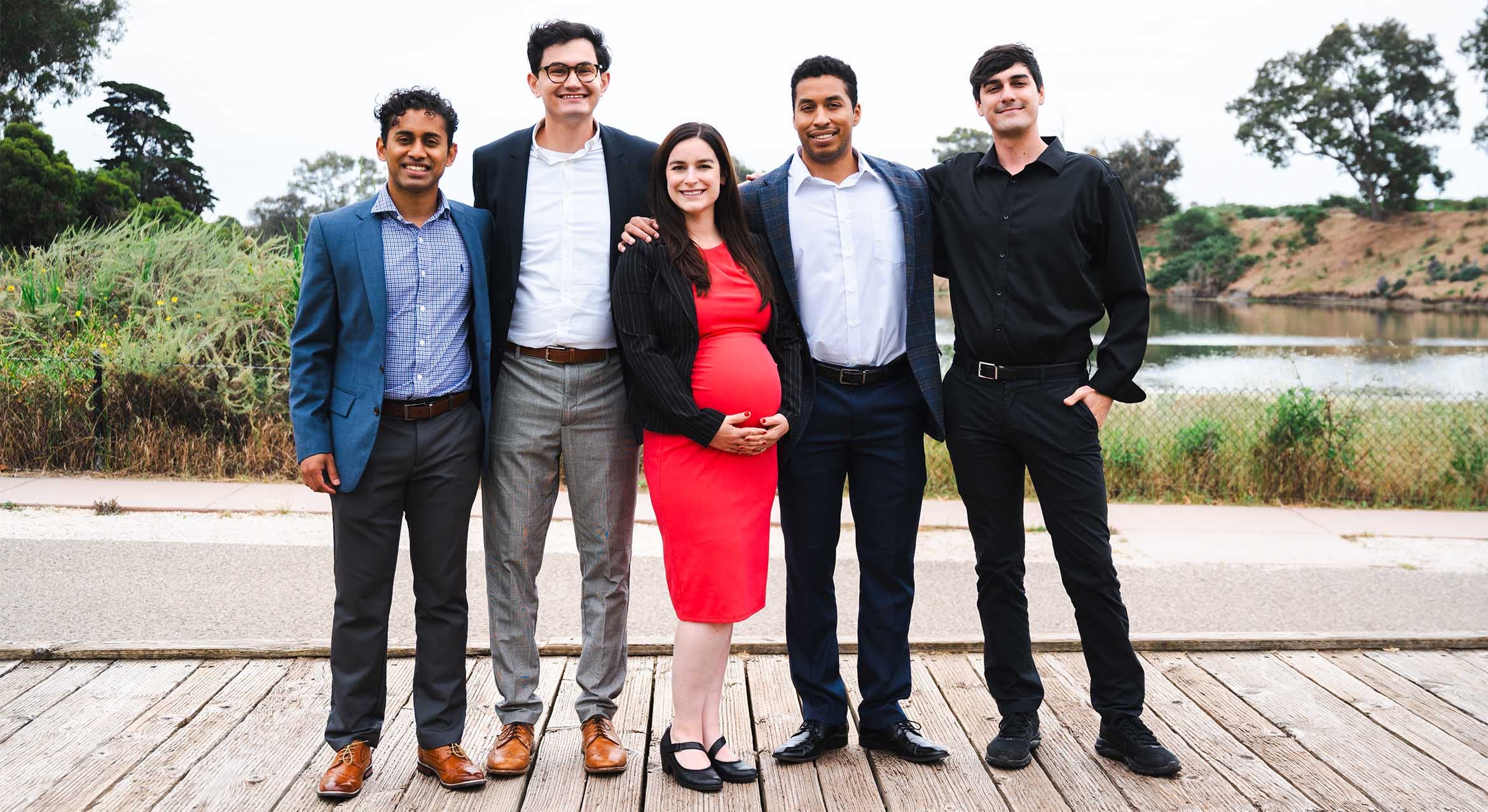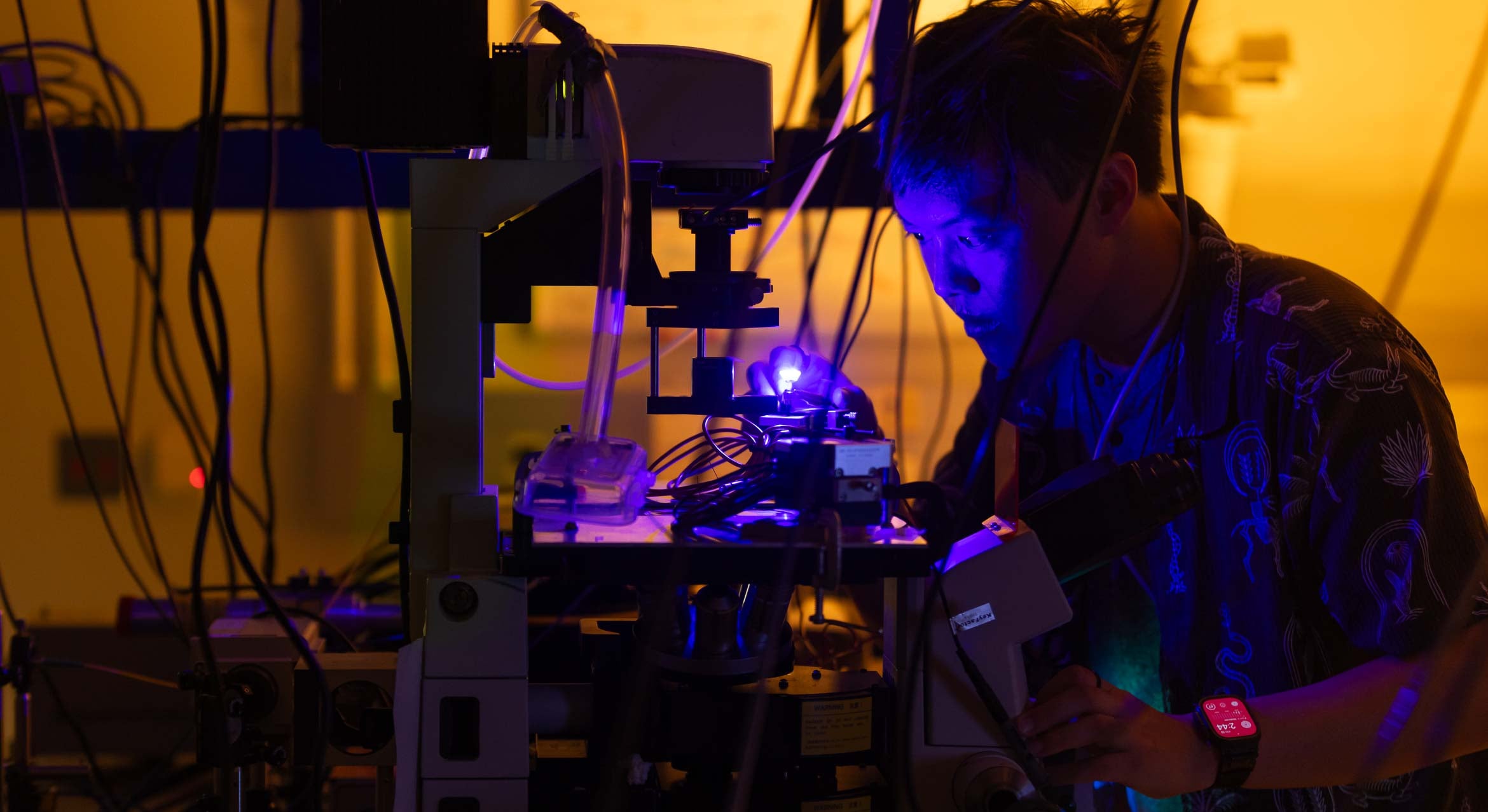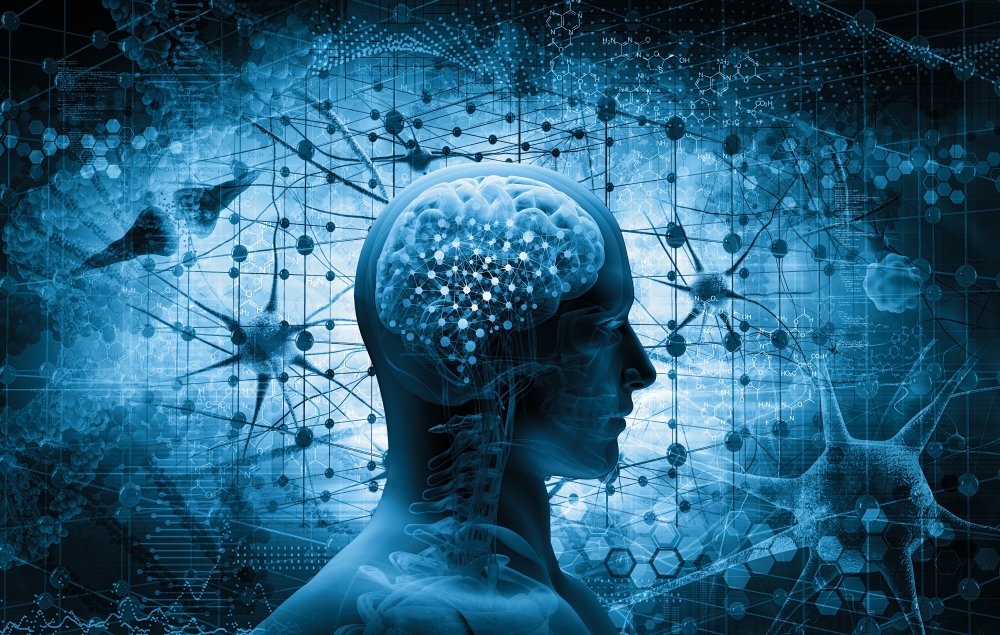
Brainiacs Win Big
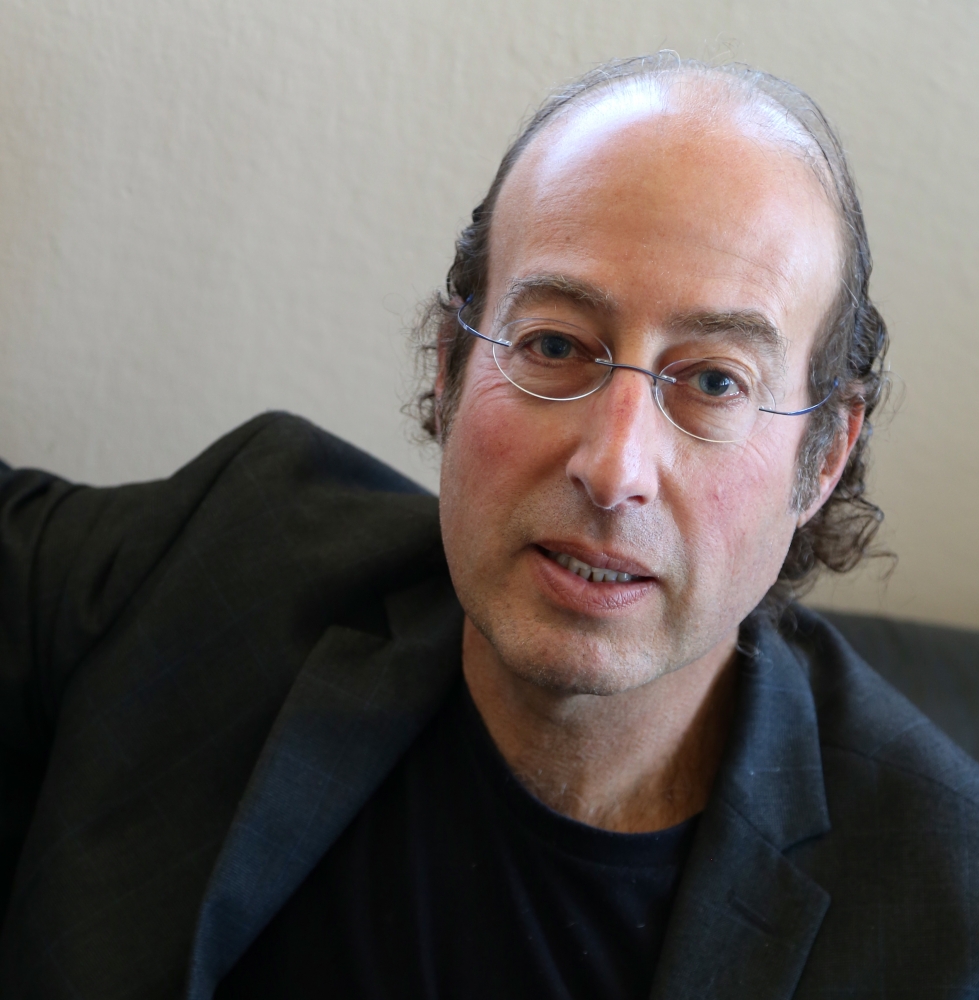
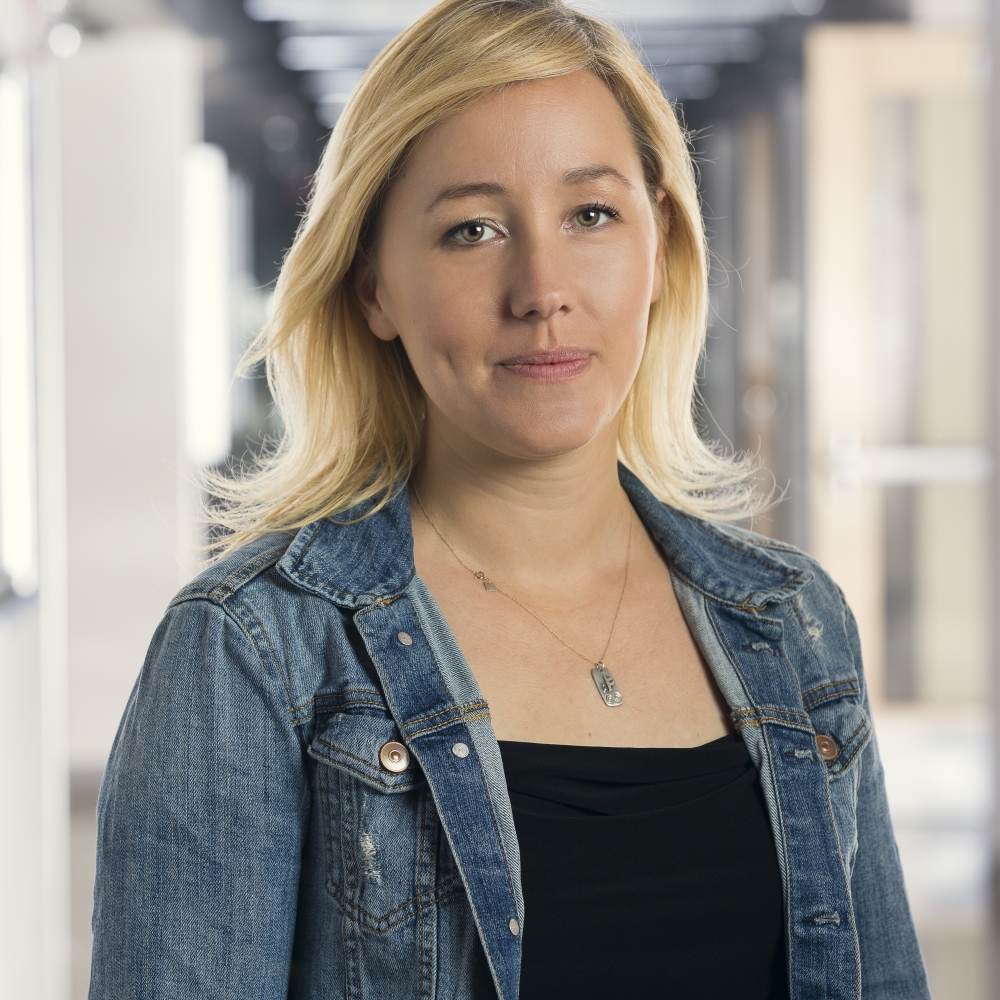
One of life’s biggest mysteries is right inside our heads. It’s the brain, and its biggest secret — how the brain gives rise to the elusive ‘mind’ — has not been revealed.
In fields ranging from mechanical engineering to molecular biology, psychology to philosophy, electrical engineering to English, top minds at UC Santa Barbara are striving — together — to solve this enduring puzzle by way of the cross-disciplinary UCSB Brain Initiative.
They’ve just received a big boost from The William Randolph Hearst Foundation. The newly established Hearst Accelerator Fund will provide strategic support to the UCSB Brain Initiative, helping advance this critical campus endeavor. The gift also is designed to encourage additional donors to get involved.
“Our campus is thrilled about this award from the prestigious Hearst Foundations, and we are deeply grateful for the efforts of our faculty, administrative and staff colleagues who spearhead our Brain Initiative,” said Chancellor Henry T. Yang. “These funds acknowledge the vision and important role of our research focused on the brain and the capability of our campus’s vibrant interdisciplinary community to tackle this exciting and challenging frontier of science.”
Neuroscientist B.N. Queenan is associate director of the UCSB Brain Initiative. “If you had to bet, who is going to ‘solve’ the brain?” she asks “Which type of person, from which field, with which expertise?
“The brain is made of water, with a bunch of salts, fats and sugars, so perhaps a chemist would be a safe bet, or microfluidics person,” Queenan continued. “But the work of the brain is carried out by proteins made under the direction of DNA, so perhaps we should give the task to molecular, cellular and developmental biology. Except the cells communicate using electricity and can be controlled by light, so maybe the brain belongs to electrical engineering and physics. But as we all know, the brain is not just a piece of tissue in a dish — the brain produces our behavior, dictates our conscious state, is refined by our experiences and helps us navigate the world, so we need experts across psychology, sociology, anthropology, education, English and geography. Plus, the brain assembles information from the activity of 100 billion cells firing, so we should probably get computer science and statistics on board, too. Once you start, it’s hard to determine who isn’t necessary to solve this thing.”
And so UC Santa Barbara decided to get everyone involved. The UCSB Brain Initiative brings together thinkers from seemingly unrelated disciplines to tackle the mystery of the mind and brain. The campus-wide program to foster collaborative brain research across traditional boundaries was launched in 2015, inspired by the federal government’s own BRAIN Initiative. The 20th century witnessed a substantial decline in death and illness from infectious disease, made possible by the diligent work of scientists and clinicians and the considerable investments of the US government and private citizens. As a result, many of the diseases that plagued previous generations — including smallpox, tuberculosis, cholera, measles, mumps, rubella, and polio — have been severely restricted or even eradicated within the US. With the population living longer, diseases of the mind and brain — from Alzheimer’s and Parkinson’s to autism, schizophrenia, and depression — are the next scientific target for improving quality of life. The federal BRAIN (Brain Research through Advancing Innovative Neurotechnologies) Initiative is a bipartisan program to catalyze discovery and innovation in neuroengineering, creating new tools and strategies to see, diagnose, treat, and repair the brain.
“The brain is absolutely fundamental to our happiness and to our quality of life,” said Dr. Kenneth Kosik, Harriman Professor of Neuroscience at UCSB and director of the UCSB Brain Initiative. “Everything about how we experience the world — sunshine, music, friends, distress, ideas, pain — is completely dictated by how our brain is working. When our brain doesn’t work properly — in Alzheimer’s or schizophrenia or depression — life is awful. We decided that a major campus priority had to be getting all hands on deck to tackle this challenge together.”
The campus first established the UCSB Brain Initiative with the help of gifts from UC Santa Barbara Foundation Trustee Tom Harriman as well as Trustee Karen Coyne and the Bedrosian family. Additional support has since been received from The Kavli Foundation, National Science Foundation, Heising-Simons Foundation, DARPA and others. The Hearst Foundations’ award to UCSB will enable continued growth of the initiative by providing programmatic support for new cross-campus partnerships to revolutionize our understanding of the brain.
“We are grateful to the Hearst Foundations for this generous award, which will help UCSB ramp up efforts to transform the way we understand the human brain,” said Pierre Wiltzius, Executive Dean of the College of Letters and Science, and Susan & Bruce Worster Dean of Science. “This funding will directly support our goal to be leaders in the areas of neuroscience and neuroengineering, and will help our faculty share their groundbreaking ideas about the brain with the public, creating even more visibility for this significant research.”
An incredible range of brain research is already underway at UCSB under the initiative’s expanding umbrella, noted Queenan, who joined the effort in 2015 from Johns Hopkins University.
“It’s such an exciting time to be a young scientist at UCSB,” Queenan said. “We’ve got teams of mechanical engineers and stem cell biologists building MEMS devices to study concussions. We have partnerships across molecular and marine biology, and electrical and chemical engineering inventing new brain imaging strategies. Folks in physics and psychology are studying whether quantum effects are necessary to understand the brain, and coalitions from English to bioengineering are helping generate new strategies for science policy and approaches to experimentation. It’s unbelievable many thinkers from how many departments are contributing.”
Said Rod Alferness, dean of the UCSB College of Engineering, “This campus has a culture of collaboration I haven’t seen elsewhere. There’s an incredible willingness to work together to solve the hard problems. The brain is a very hard problem, so I’m especially pleased with this generous award from The Hearst Foundations, and grateful to them for recognizing that investing in our campus will lead to great things.”

